By Stan Paul
‘We’re going to win this. … Have no doubt about that, we will win this.’
— Al Gore
More than 2,200 people eager to learn how to make a difference in the future of the planet came together at the Los Angeles Convention Center for the largest-ever Climate Reality Leadership Corps training led by former U.S. Vice President Al Gore.
Participants from California, the United States and more than 50 countries took part in the three-day training session that began Aug. 28, 2018, and included working with the best-selling author of An Inconvenient Truth — and subject of the Oscar-winning documentary. They heard from world-renowned scientists, communicators and other experts about how to work together to find solutions to the global climate crisis by influencing public opinion and policy and encouraging action in their own communities.
“In the United States we have a tremendous amount of climate denial. We have a president who is a bitter opponent right now of addressing climate change,” said Ken Berlin, president and CEO of the Washington, D.C.-based Climate Reality Project, in his opening remarks.
The purpose of the ongoing series of trainings, held worldwide starting in 2016, is to develop a critical mass of activists to ensure there is enough support for addressing the climate crisis, Berlin said before introducing Gore, who appeared on stage to a standing ovation.
Joining Gore on the first panel of the day, “California’s Roadmap for Climate Change,” was JR DeShazo, director of the UCLA Luskin Center for Innovation, and other experts including Fran Pavley, former member of the California State Senate, and Veronica Garibay, co-founder and co-director of the Leadership Counsel for Justice and Accountability.
“Here we are again at a time when our national government is … disappointing so many of us. Once again California is stepping forward,” Gore said in his opening remarks.
Citing California as a national leader and example to other states in addressing the environment and climate change, Gore started the conversation by asking DeShazo, “What is it about California that has led this state to be such a driven leader on climate policies?”
“I think California understands how important historically it was to deal with its air quality challenges,” said DeShazo, Public Policy chair at the UCLA Luskin School of Public Affairs. “And so, in the ’60s and ’70s the state developed this robust set of state agencies to tackle that problem in the energy sector and the transportation sector,” he said.
DeShazo credited state leadership, including Sen. Pavley, with passing legislation that allowed those agencies to shift attention, “with all their expertise and authority, to attack climate change in a very comprehensive way.”
Gore also asked DeShazo to cite examples of the state “breaking up the problem … and addressing those elements in an intelligent way.”
“We decarbonized electricity while making appliances more efficient. We introduced the low-carbon fuel standard in the transportation sector, making transportation fuels lower-carbon while making vehicles more efficient and pushing for electric vehicles. So there was a broad-based scoping plan that really covers all of the relevant carbon-generating sectors of the state,” DeShazo said. He also credited state leadership that was “based upon a California that wanted to take responsibility for its emissions.”
DeShazo, who also holds appointments with UCLA’s Institute of the Environment and Sustainability, UCLA Luskin Urban Planning and UCLA’s civil and environmental engineering departments, recalled that during the nationwide recession California voters rejected a ballot initiative to halt the state’s climate policies.
“We said ‘no,’ ” he said, explaining, “We want to continue with the commitment that the legislature had made on our behalf. … I think that is really evidence of California’s commitment.”
More recently, DeShazo said, a “second generation” of climate policies in California has focused on environmental justice. “There’s a clean vehicles program, and there’s one for low-income consumers, there’s a weatherization program and there’s one for disadvantaged communities,” he said. A significant portion of the $2 billion a year generated by cap and trade is reinvested to benefit disadvantaged communities, he added. This year, the UCLA Luskin Center for Innovation is part of two partnership grants that will benefit disadvantaged communities in particular. The grants ─ awarded by California’s Strategic Growth Council ─ total more than $4 million.
As a result of all of this, the state is making progress. “We’re on track to reach the goal of 50 percent renewable energy in 2020, 10 years ahead of schedule in reaching this goal,” DeShazo said. “And that’s terrific because we need to electrify the transportation sector, and we’re committed to that and that’s where a lot of the heavy lifting still awaits us.”
View more photos from the Climate Reality Leadership Corps training on Flickr.
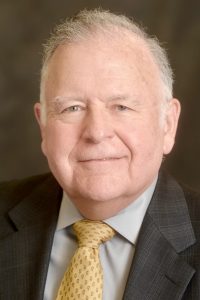
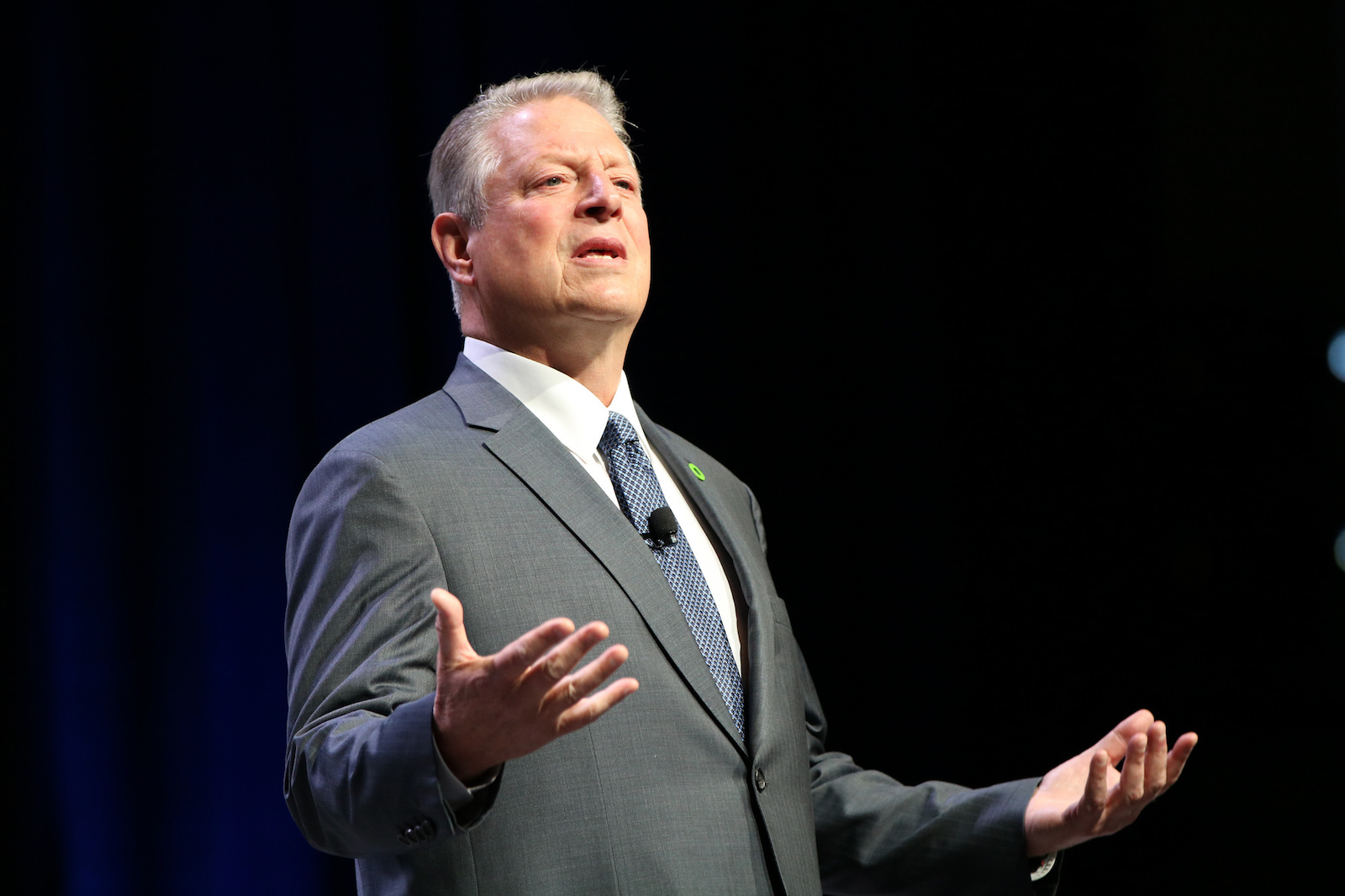


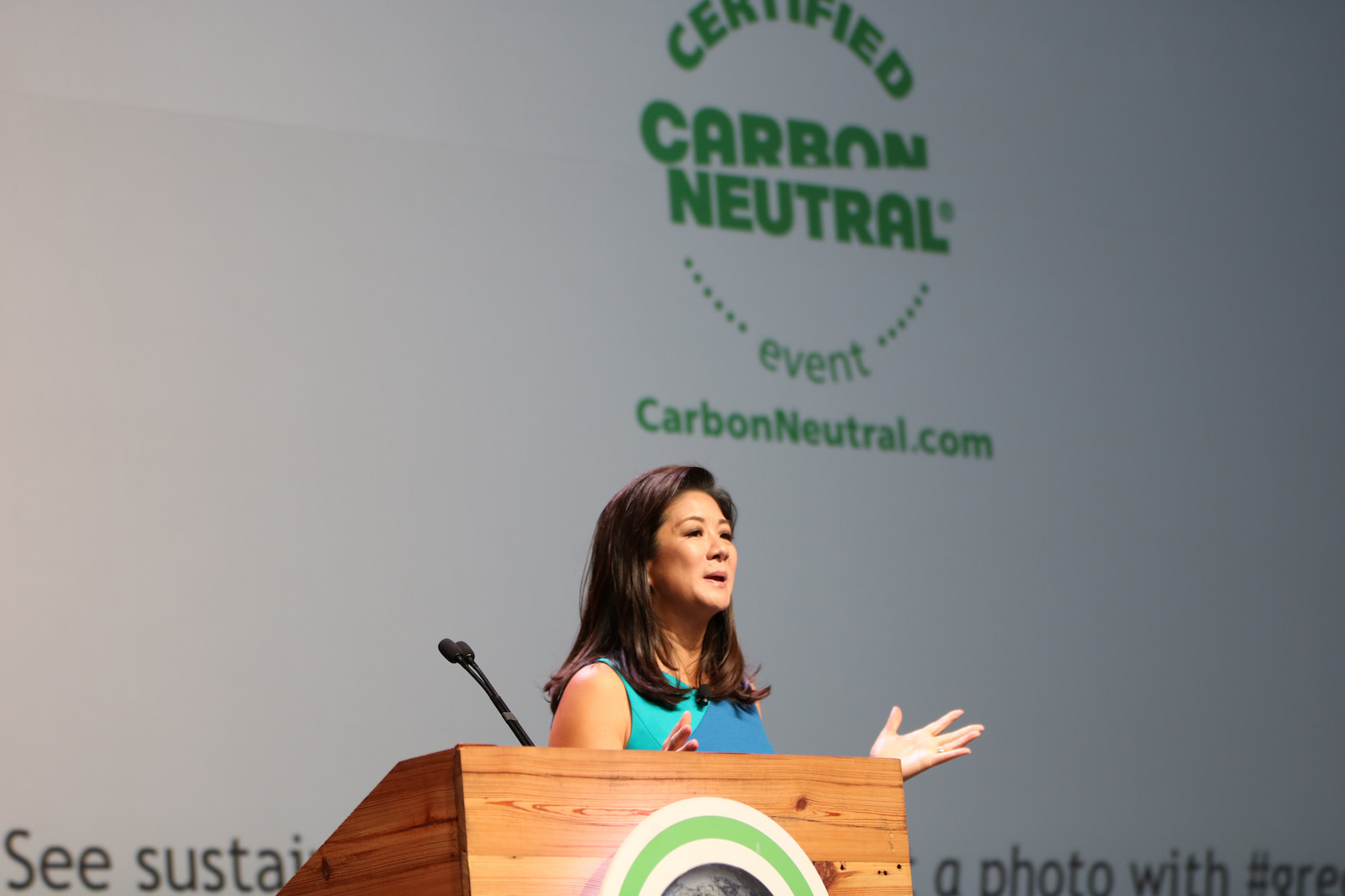

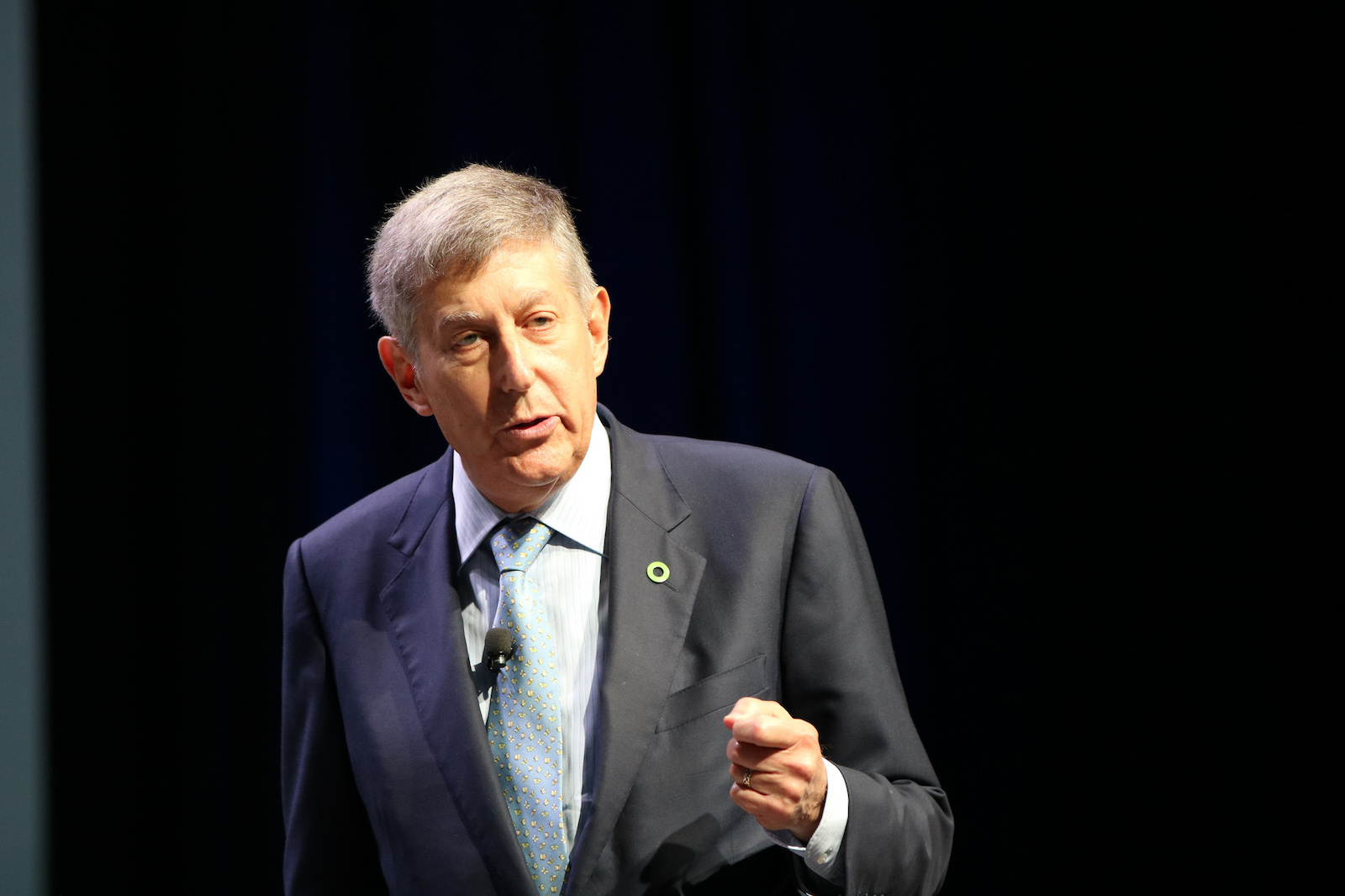
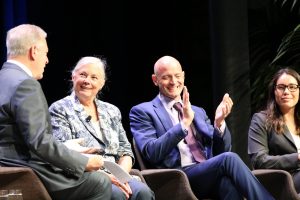
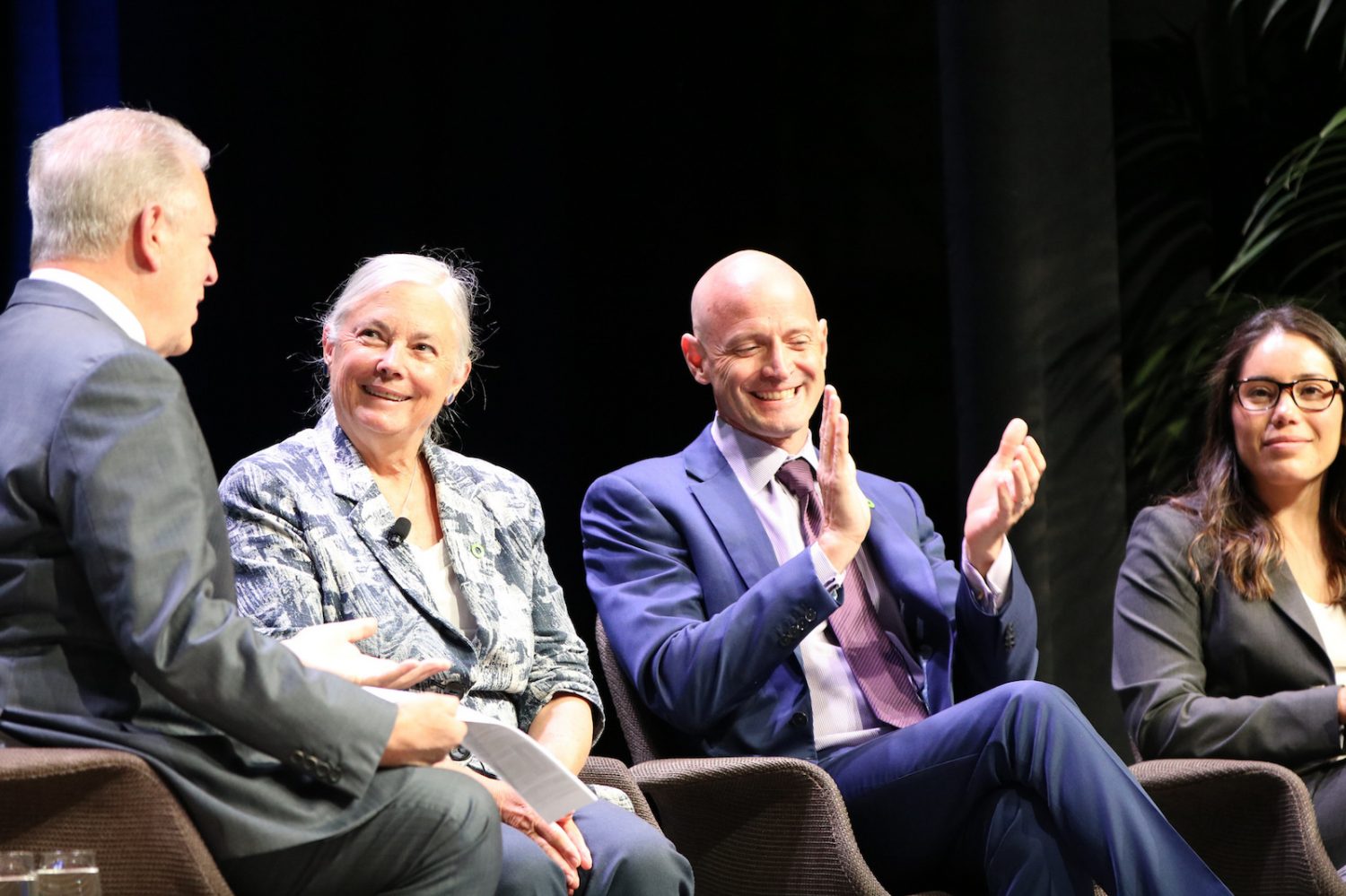
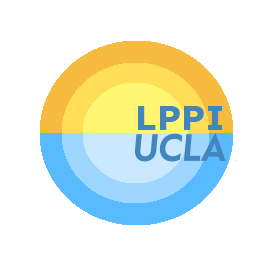
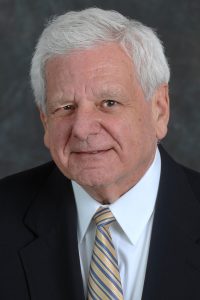 The California Council on Science and Technology (CCST) has added Albert Carnesale, UCLA chancellor emeritus and professor emeritus of public policy and mechanical and aerospace engineering to its
The California Council on Science and Technology (CCST) has added Albert Carnesale, UCLA chancellor emeritus and professor emeritus of public policy and mechanical and aerospace engineering to its 